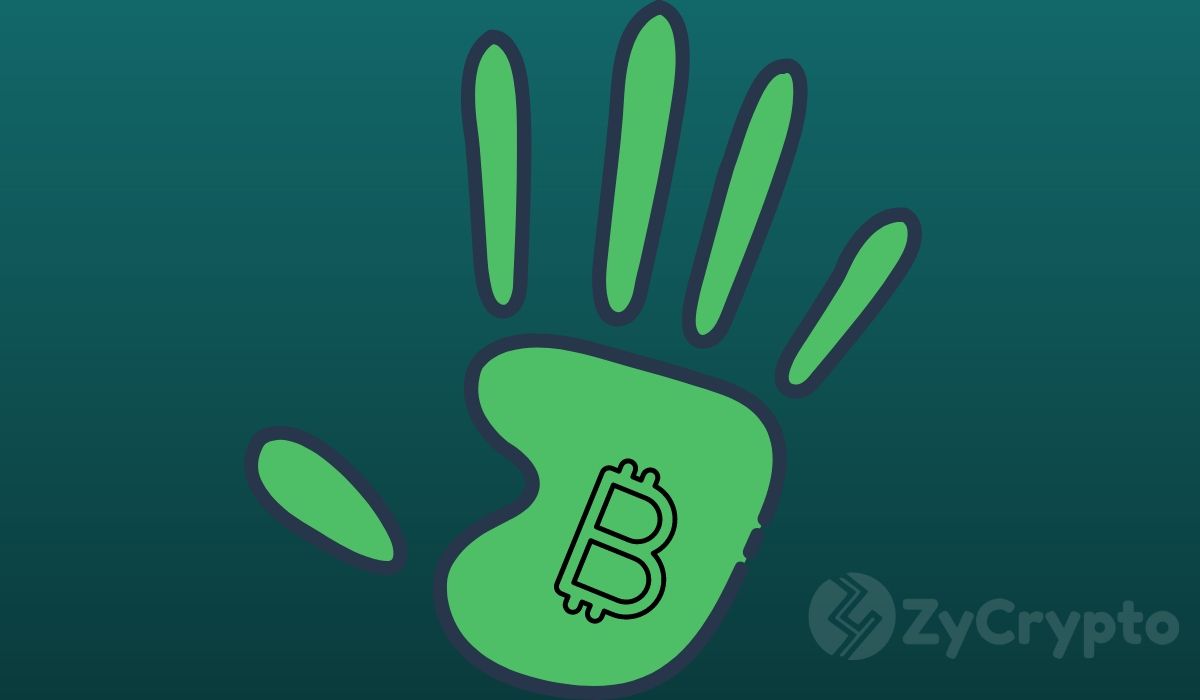The economic gloom of Brazil continues amid the coronavirus pandemic. The deteriorated fiscal position and political uncertainties have created fears of a deep economic recession.
The Central Bank of Brazil has also cut the interest rate to 3%, which is an all-time low. In fact, it is expected that there will be another monetary policy slash in interest rate as they seek to fill out the degree of stimulus needed to ease the economy.
According to a report published by Delphi Digital, the 30% loss in the value of the Brazilian Real and the cutting of the interest rate to 3% will drive investors away to a better option. In the report, it was stated that the sheer size of this potential move may be a demand source for Bitcoin.
This will be more possible if tighter capital control becomes more commonplace as speculated by the report. Not to misunderstand, this report does not suggest that capital flowing out of the emerging markets will definitely be channeled into Bitcoin.
Cryptocurrency usage in Latin America in the last few years has been very encouraging with Brazil, Colombia, Argentina, Mexico, and Chile being among the top 10 cryptocurrency countries. It is interesting to note that most of the countries facing severe economic woes turn to Bitcoin as there is a good correlation between Bitcoin and some of the highly inflated Latin American countries.
In 2019, the inflation rate of Argentina was 58.9%, and around this period, the Bitcoin users in this region increased significantly. Similarly, Brazil, in 2015 witnessed the worst inflation rate in 13 years.
The country’s economic distress coupled with the newly adjusted interest rate puts Brazil in line as a Bitcoin demand source, there is a challenge that may possibly arrive from the implementation of the new tax regulation pushing smaller exchanges off the market.
According to the co-founder of Acesso Bitcoin, Pedro Nunes, the tax regulation affected trading volume drastically forcing them to consider a shutdown. Latoex, another exchange affected by the tax regulation implementation pointed out the difficulties in meeting the requirement announced by authorities.
The tax regulation is obviously a problem to the smaller exchanges and less of a problem to the bigger ones. Considering the fact that most of the bigger exchanges can comply, the impact on the smaller exchanges will not be huge on the market, and may not stand in the way of the country becoming a Bitcoin demand source.






